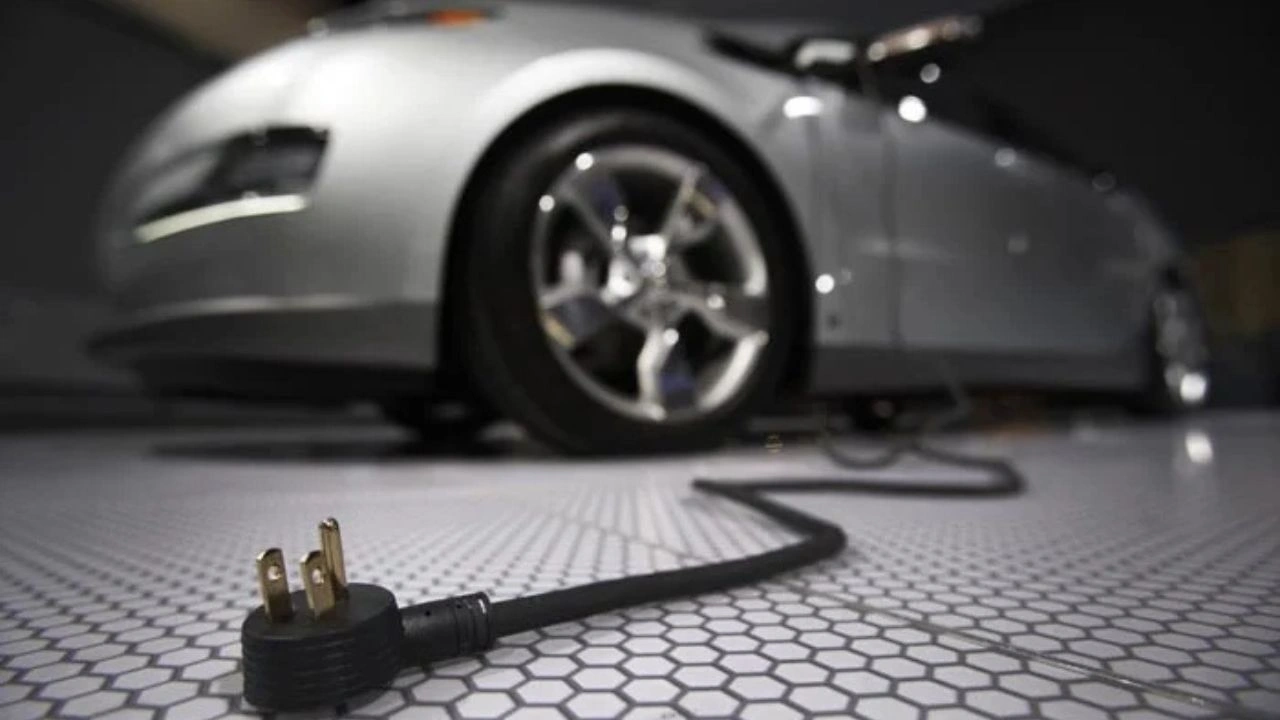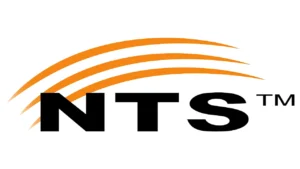Electric vehicle manufacturers in Pakistan are worried after the sales tax on electric bikes increased from one percent to eighteen percent. They believe this sudden jump will slow down the progress of the country’s shift toward clean and affordable transportation. With higher taxes production costs are expected to rise which means customers may end up paying more for electric bikes. This can reduce demand at a time when the EV industry is still trying to grow and gain public trust. During recent discussions with government officials representatives from the EV sector explained that they are still in a developing phase and need supportive policies.
They said that increasing taxes at this stage could discourage investment and make it harder for new companies to enter the market. They also pointed out that local manufacturing is still limited and many components are imported so any increase in cost affects the final price directly.
Electric bikes have been seen as a practical and budget friendly option for many people especially with rising fuel prices. An affordable price is one of the main reasons people consider switching to electric vehicles. If this advantage disappears many buyers may return to regular fuel based bikes and the momentum toward a cleaner transport system may slow down. Manufacturers say that the industry has the potential to create new jobs and introduce new technology in Pakistan. However this can only happen if the business environment remains stable and predictable. Sudden changes in tax rates create uncertainty making both investors and buyers hesitant.
Also Read: Himmat Card Phase-III to Launch Tomorrow
Manufacturers are urging the government to review the decision and consider a lower tax rate for electric vehicles. They have suggested that supportive measures such as easy financing options and investment in charging infrastructure could help the EV sector grow steadily. They also want long term policies so companies can plan production expansion without fear of sudden cost changes. Government officials have responded by saying that they understand the concerns and will study the issue further. There is hope that a revised solution can be found which supports both government revenue goals and sustainable transportation.









